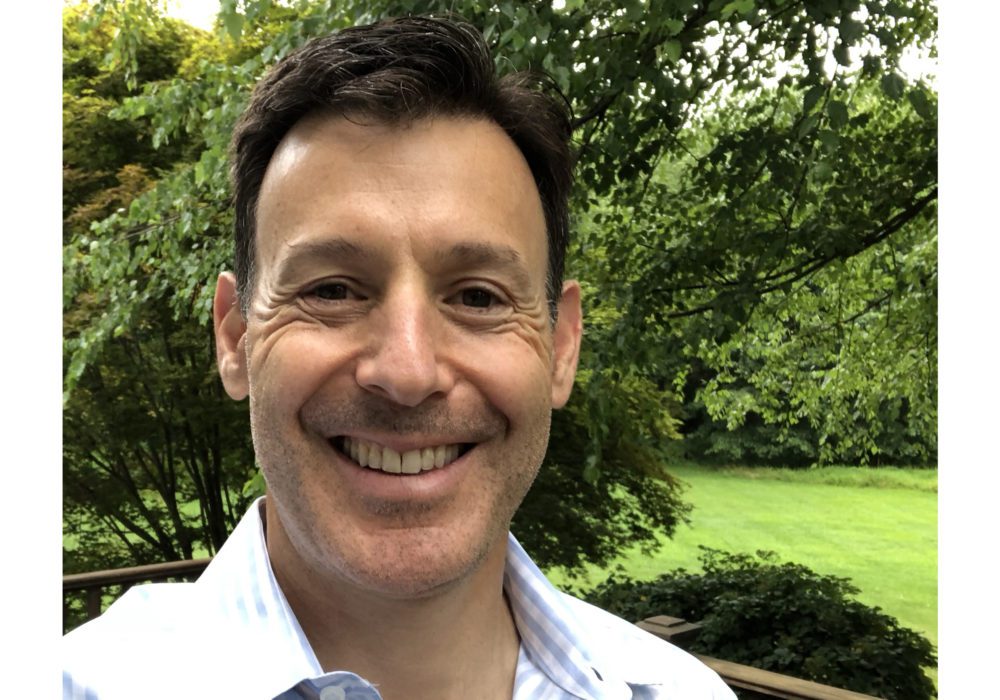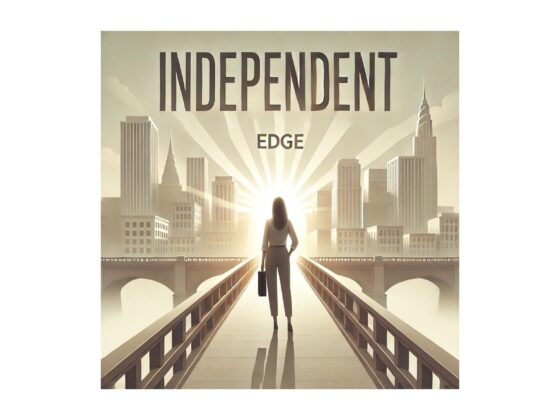Our guest blogger this month is Darden alumnus, Adam Green (MBA ’93).
When I told my son, it seemed like a good plan. We were eating nachos in Culpeper, Virginia, en route to his UVA visit. “I’m going to leave finance and take up writing,” I said.
“That’s great, Dad. You always wanted to do that,” he said. “But you’re not going to be, like, hanging around the house, right?”
I had always wanted to do it. Indeed, I nearly went to film school over business school. I’m glad I didn’t. I cherished my experiences at Darden and on Wall Street. I felt gladder still when my writing coach, who had made the inverse choice, told me he now has skills but no money.
Still, even at Darden, I remember hedging: I would write in my “free time.” Sure.
Later I told my daughter the plan. Her assessment was terse: “You’ll go bonkers.”
And so I have, if my inner conversations are any indication. Maybe I was bonkers already, but just didn’t notice while protected within the framework of a corporate job, or while consumed by work and parenting. Now that every day is a Saturday, I’m hosting a deranged 24/7 podcast with one subscriber: me. The format is Q&A, and the subscriber keeps posing the same questions. On any other podcast, the host might move on to the next question. Not on this show.
On the other hand, per the poet Mary Oliver, “The most regretful people on earth are those who felt the call to creative work, who felt their own creative power restive and uprising, and gave it neither power nor time.”
So for any fellow alumni who feel such a call, herewith my Inner FAQs, in hopes you won’t need to ask them of yourself.
Q: Am I good enough?
A: Ugh. Posing this question only demoralizes and distracts. Writers writing on writing seem to agree that successful writers write. How then does this question keep sneaking onto the podcast? Under cover of the notion that if I’m not good enough, I might want to do something else. But how would I know? Publication may be just a matter of more coaching and practice. And on what grounds may I assume that “good enough” is some immutable quality?
If I can value the act of writing, rather than fixate on the outcome, then “good enough” doesn’t matter. Hell, even for talented artists, the odds are long. Question dismissed!
Q: Why does nearly every book and show seem unapproachably good?
A: This is just a variant of the previous question, with a nasty side effect: spoiling the fun of good books and shows. On the other hand, bad books and shows offer a new pleasure: “I can do better than that!” One of my chronic mistakes: comparing my work in progress to someone else’s finished work, as if the latter were not the result of a long process, including rewrites and team input. Question dismissed!
Q: What is this new feeling behind my left sinus? A brain tumor?
A: A fiendish question, since some symptoms are worth checking out. On the other hand, nothing beats creative work — especially in the absence of externally imposed deadlines — for inspiring fake symptoms. And nothing beats fake symptoms for inspiring worst-case home diagnoses. I propose a simple rule: If I encounter a symptom while I am staring at a blank page, the symptom is probably fake.
Q: If I never work again, will I run out of money?
A: Another question with some merit — enough to prompt about a day of financial planning. After that: needless distraction. I have substantial control over what I spend and, more importantly, what I value. For instance, I don’t have to use money for scorekeeping purposes. I also have control over working again. Granted, the AI-driven job-pocalypse may be near. But then either we humans won’t need money, or we have much bigger problems than my pesky FAQ.
Q: Hmm. Video game testing. Could I do that? Or dentistry?
A: Suddenly any vocation that carries a W-2 and a fixed schedule seems tempting. But why? I chose this plan. I must be hedging again. Better to remember, per author Walker Percy: “Lucky is the man who does not secretly believe that every possibility is open to him.”
Q: Having dropped out, could I drop back in?
A: If I were to return to finance, I’d have to refresh my network and explain the resume gap. Which is just to say that my decision carried risk and potential reward. As for the risk, I appreciate the perspective from Darden Alumni Career Services: employers would understand taking a “sabbatical” to pursue a passion. Indeed, one great benefit of Darden ACS is the opportunity to shift from mental podcast to a dialogue with a trusted adviser. The latter works better.
Q: Why do these answers satisfy me for three, five minutes tops?
A: These questions seem resistant to conceptual argument. I suppose that quieting the demonic podcast will require developing meditation-like skills. For example: recognizing these FAQs when they arise and letting them go. Of course, another approach would be to hasten back to a corporate job, but that would defer both learning the skills and pursuing the passion. So maybe I have a good plan after all.





